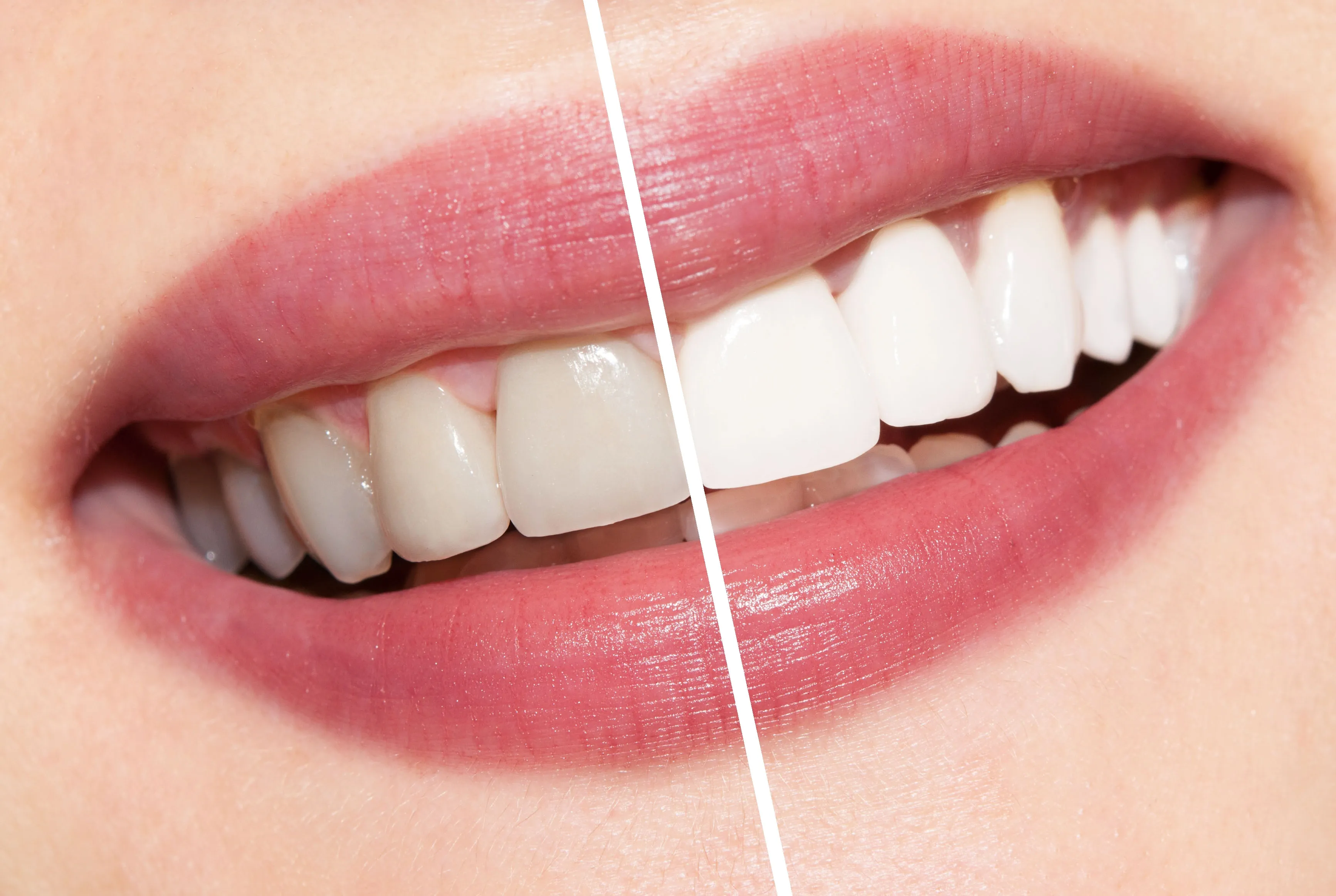Why Choose Dentist Teeth Whitening?
Achieving a brighter, more confident smile is a common goal, and teeth whitening has become a popular cosmetic procedure. While various options are available, including over-the-counter products, professional teeth whitening performed by a dentist offers significant advantages. Dentists possess the expertise, equipment, and materials to provide safe, effective, and long-lasting results. This article explores the top 5 benefits of choosing dentist-led teeth whitening, delving into why this option is superior to alternatives and how it can transform your smile.
Professional vs. DIY Whitening
The market is flooded with teeth whitening products, from whitening strips and toothpastes to at-home bleaching kits. These options can seem appealing due to their convenience and lower cost. However, they often contain weaker bleaching agents, leading to less dramatic results. Furthermore, the concentration of these agents might not be adequate to address deep stains, and they might not be suitable for all types of tooth discoloration. DIY approaches carry risks of uneven whitening, tooth sensitivity, and potential damage to the gums if not used correctly. In contrast, professional whitening offers a controlled environment with professional supervision, ensuring both effectiveness and safety.
Benefit 1: Superior Results
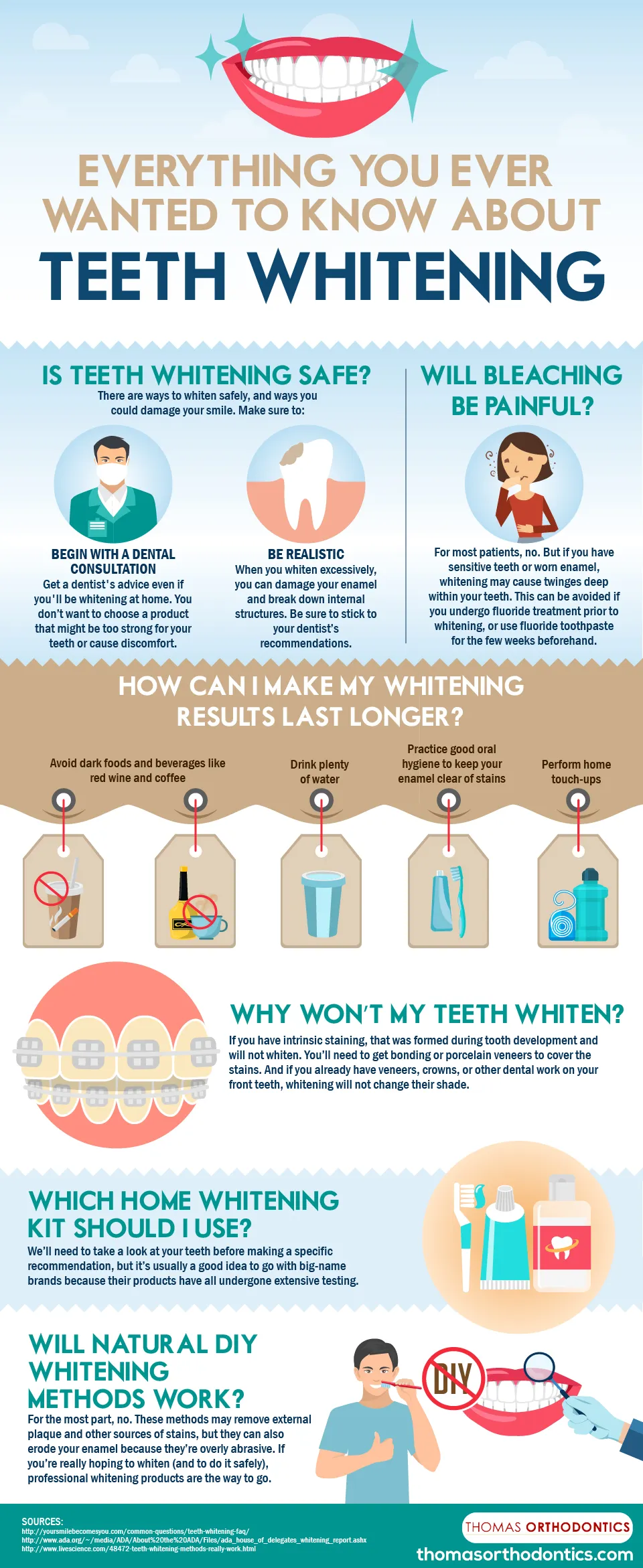
Dentists use professional-grade bleaching agents that are significantly stronger than those found in over-the-counter products. These high-concentration formulas can penetrate deeper into the enamel to break down stubborn stains caused by coffee, tea, tobacco, and other substances. The results are typically more dramatic and noticeable, often achieving several shades of improvement in tooth color. Professional whitening also allows for customization. Dentists can adjust the treatment strength and duration to suit the individual’s needs and the degree of discoloration.
Benefit 2: Safety and Supervision
Teeth whitening, while generally safe, can cause temporary sensitivity or gum irritation. Dentists are trained to manage these side effects and ensure the procedure is performed safely. They protect the gums and soft tissues during the whitening process, minimizing the risk of irritation. Moreover, dentists conduct a thorough examination before whitening, checking for any underlying dental issues like cavities or gum disease. Addressing these issues before whitening is crucial to avoid complications and achieve optimal results. Having a dental professional oversee the process provides peace of mind and minimizes potential risks.
Benefit 3: Customized Treatment
Every individual’s smile is unique, and so are their teeth. Dentists understand this and tailor the whitening treatment to each patient’s specific needs. They assess the type and severity of stains, the existing tooth color, and the patient’s desired shade of whiteness. Based on this assessment, they customize the concentration of the bleaching agent, the duration of the treatment, and the application method. This personalized approach ensures the best possible outcome while minimizing the risk of over-whitening or uneven results. Some patients may require multiple sessions or a combination of in-office and at-home treatments to achieve their desired results.
Benefit 4: Addressing Underlying Issues
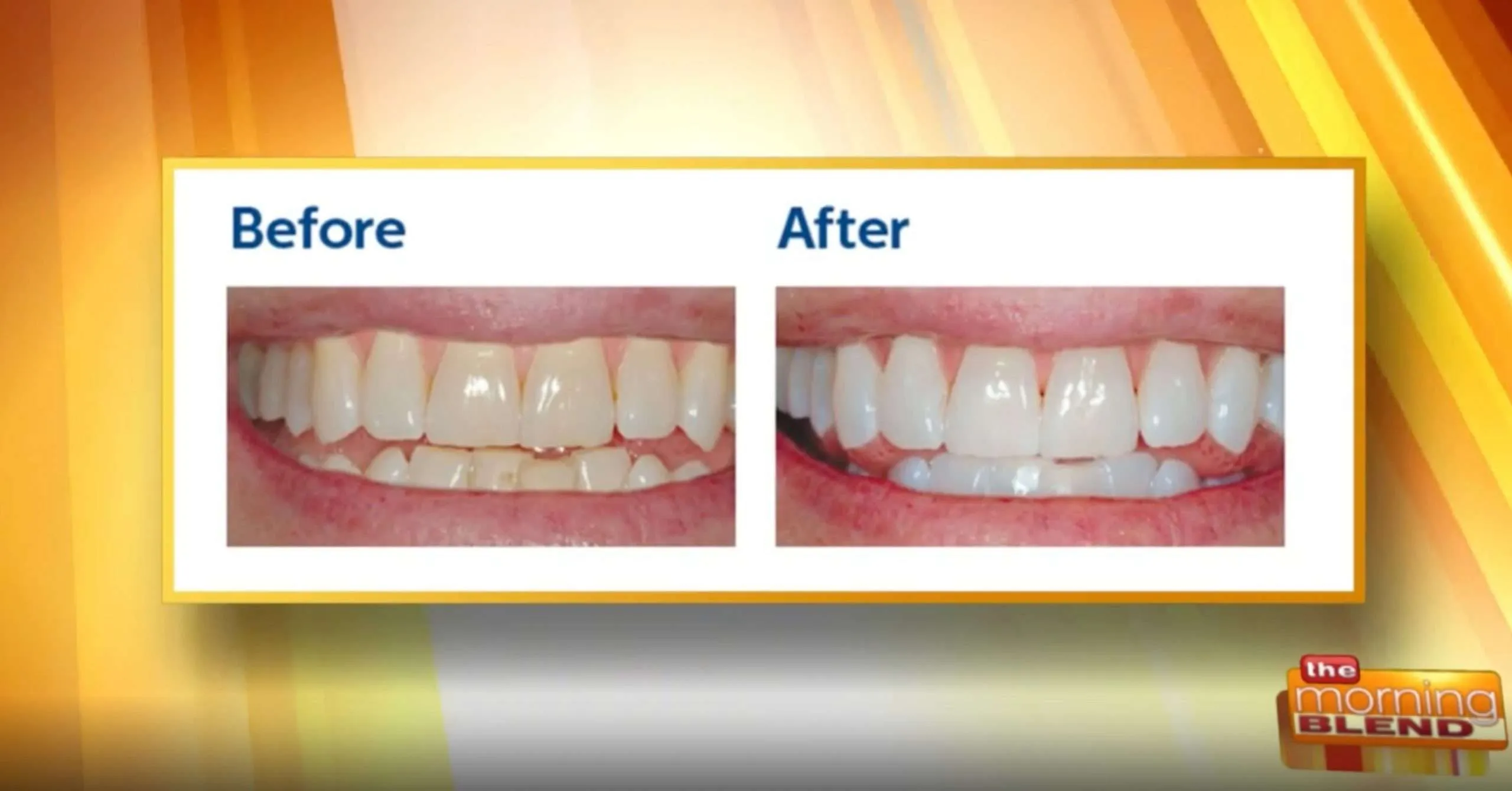
Before teeth whitening, dentists conduct a comprehensive oral examination. This examination is not just about the color of your teeth, but also about the overall health of your mouth. They check for cavities, gum disease, and other dental issues that might affect the whitening process or the health of your teeth. Addressing these issues beforehand is essential to ensure a successful whitening treatment and prevent complications. For instance, if you have cavities, they need to be filled before whitening to prevent the bleaching agent from penetrating the tooth and causing further damage. This proactive approach not only enhances the aesthetic outcome but also promotes long-term oral health.
Benefit 5: Long-Lasting Effects
Professional teeth whitening typically provides longer-lasting results compared to over-the-counter products. The stronger bleaching agents used by dentists penetrate deeper into the enamel, effectively removing stains. With proper care and maintenance, including good oral hygiene practices and avoiding stain-causing foods and drinks, the effects of professional whitening can last for months or even years. Dentists may also offer touch-up treatments or recommend specific products to help maintain the brightness of your smile. This ensures that you enjoy the benefits of your whitening treatment for an extended period.
The Dentist Teeth Whitening Process
The process of teeth whitening by a dentist typically involves a few key steps, ensuring both safety and effectiveness. It begins with a thorough consultation and assessment, followed by the whitening procedure itself, and concludes with post-whitening care and maintenance recommendations. Each step is crucial to achieving the desired results and maintaining the health of your teeth and gums. Understanding the process can help you feel more comfortable and informed about what to expect during your visit to the dentist.
Consultation and Assessment
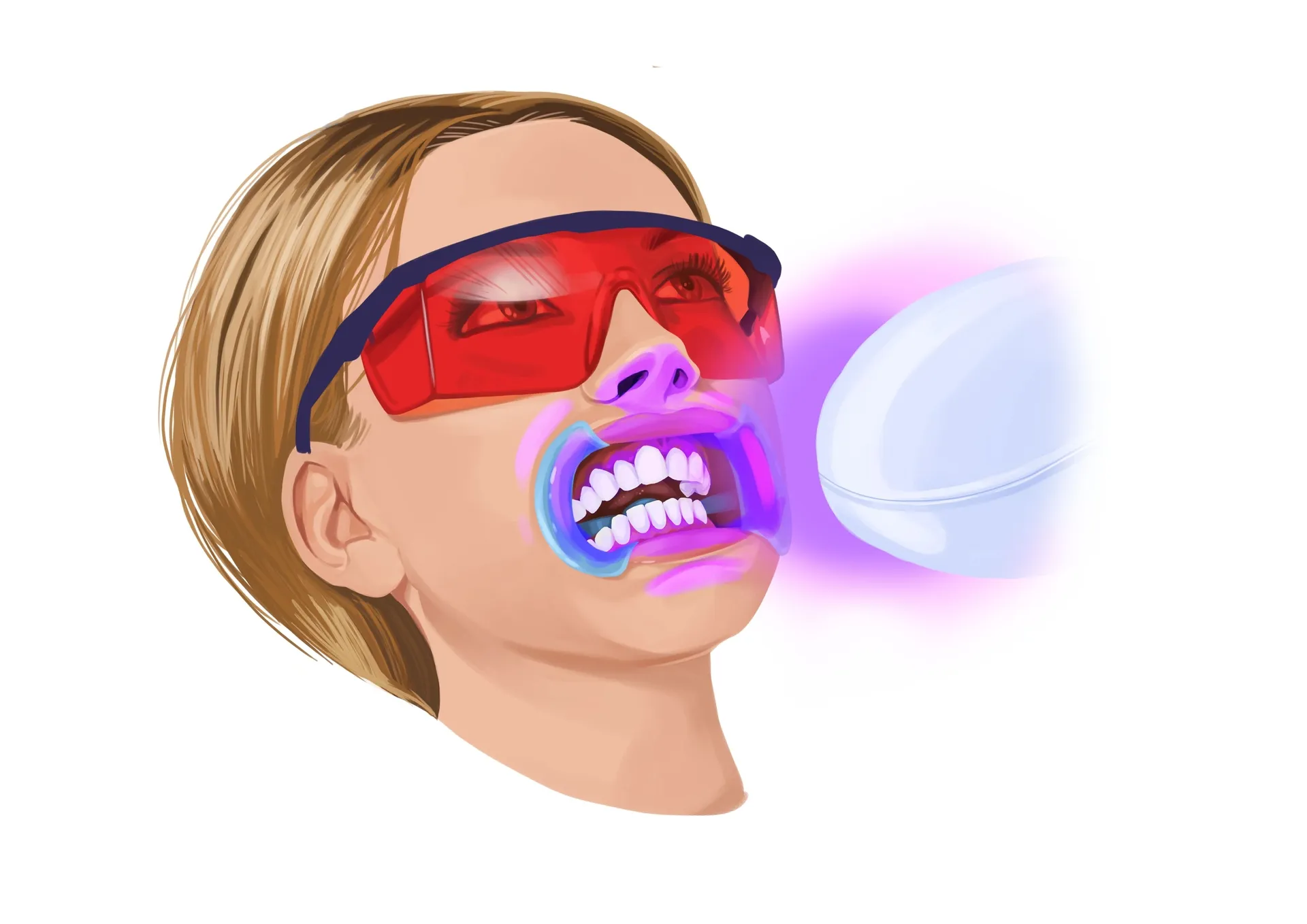
The first step involves a consultation with the dentist. They will examine your teeth and gums to determine if you are a suitable candidate for teeth whitening. They will assess the type and severity of staining, the existing tooth color, and any underlying dental issues. The dentist will also discuss your expectations, answer any questions you have, and explain the different whitening options available. During this consultation, they might take photos of your teeth to track your progress and create a customized treatment plan based on your individual needs and goals.
The Whitening Procedure
Once you are cleared for teeth whitening, the procedure itself begins. The dentist will first clean your teeth to remove any plaque or surface stains. They will then apply a protective barrier to your gums to prevent irritation from the bleaching agent. The whitening agent, typically a hydrogen peroxide or carbamide peroxide solution, is applied to the teeth. Depending on the product, a special light or laser may be used to accelerate the whitening process. The treatment may be repeated in multiple sessions to achieve the desired level of brightness. The entire procedure usually takes about one to two hours.
Post-Whitening Care and Maintenance
After the whitening procedure, your dentist will provide you with instructions on how to care for your teeth and maintain your new bright smile. This typically includes avoiding foods and drinks that can stain your teeth, such as coffee, tea, red wine, and dark-colored berries, for the first few days. You will also be advised to practice good oral hygiene, including brushing your teeth twice a day, flossing daily, and using a fluoride toothpaste. Your dentist may also recommend touch-up treatments or at-home whitening kits to help maintain the results for an extended period. Regular dental check-ups and cleanings are also essential to keep your smile healthy and bright.
Cost of Dentist Teeth Whitening
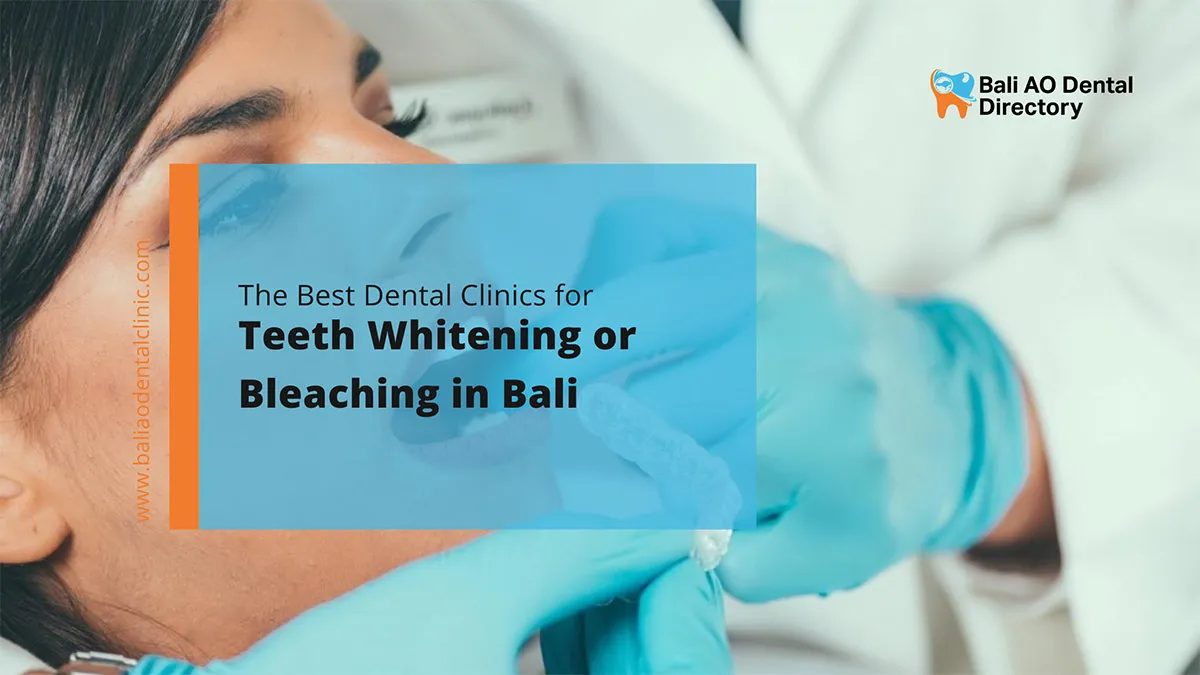
The cost of professional teeth whitening varies depending on several factors, including the type of treatment, the dentist’s location, and the extent of the whitening needed. While it may seem more expensive than over-the-counter options, the superior results, safety, and long-lasting effects often make it a worthwhile investment. It is important to discuss the cost with your dentist during the consultation, and inquire about any payment plans or financing options that may be available. Remember that the investment is not just for a brighter smile, but also for your overall oral health.
Factors Affecting the Cost
Several factors can influence the cost of professional teeth whitening. The type of whitening treatment, such as in-office whitening versus take-home whitening, can affect the price. The dentist’s experience and the location of their practice also play a role, with practices in major cities or those with more specialized equipment often charging more. The number of whitening sessions required to achieve the desired results can also impact the overall cost. Discussing these factors with your dentist during your consultation will provide a clearer understanding of the potential expenses.
Insurance Coverage for Teeth Whitening
In most cases, teeth whitening is considered a cosmetic procedure, and dental insurance does not cover the cost. However, it is always a good idea to check with your insurance provider to understand your specific policy and coverage details. Some dental plans may offer partial coverage for cosmetic procedures, or you might be able to use your health savings account (HSA) or flexible spending account (FSA) to pay for the treatment. Discussing your insurance options with your dentist’s office can help you explore available payment solutions.
Conclusion The Value of Professional Teeth Whitening
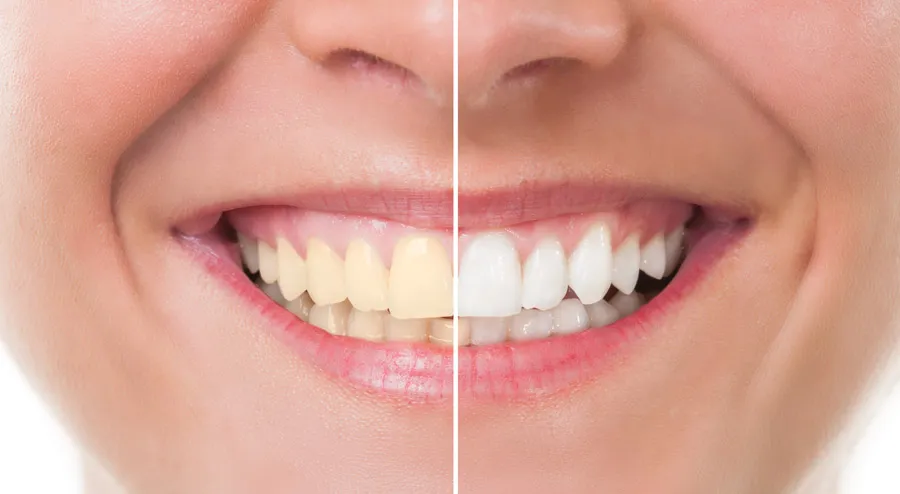
Choosing dentist-led teeth whitening offers a multitude of benefits that extend far beyond a brighter smile. From superior results and enhanced safety to customized treatment plans and long-lasting effects, professional whitening is a wise investment in your oral health and overall well-being. By consulting with a dentist, you can ensure a safe, effective, and personalized approach to achieving the radiant smile you’ve always desired. The expertise and care provided by dental professionals make them the best choice for anyone looking to enhance their smile and boost their confidence. So, if you’re considering teeth whitening, consult your dentist to unlock the full potential of a dazzling and healthy smile, knowing that the professional approach is a journey towards oral well-being.
